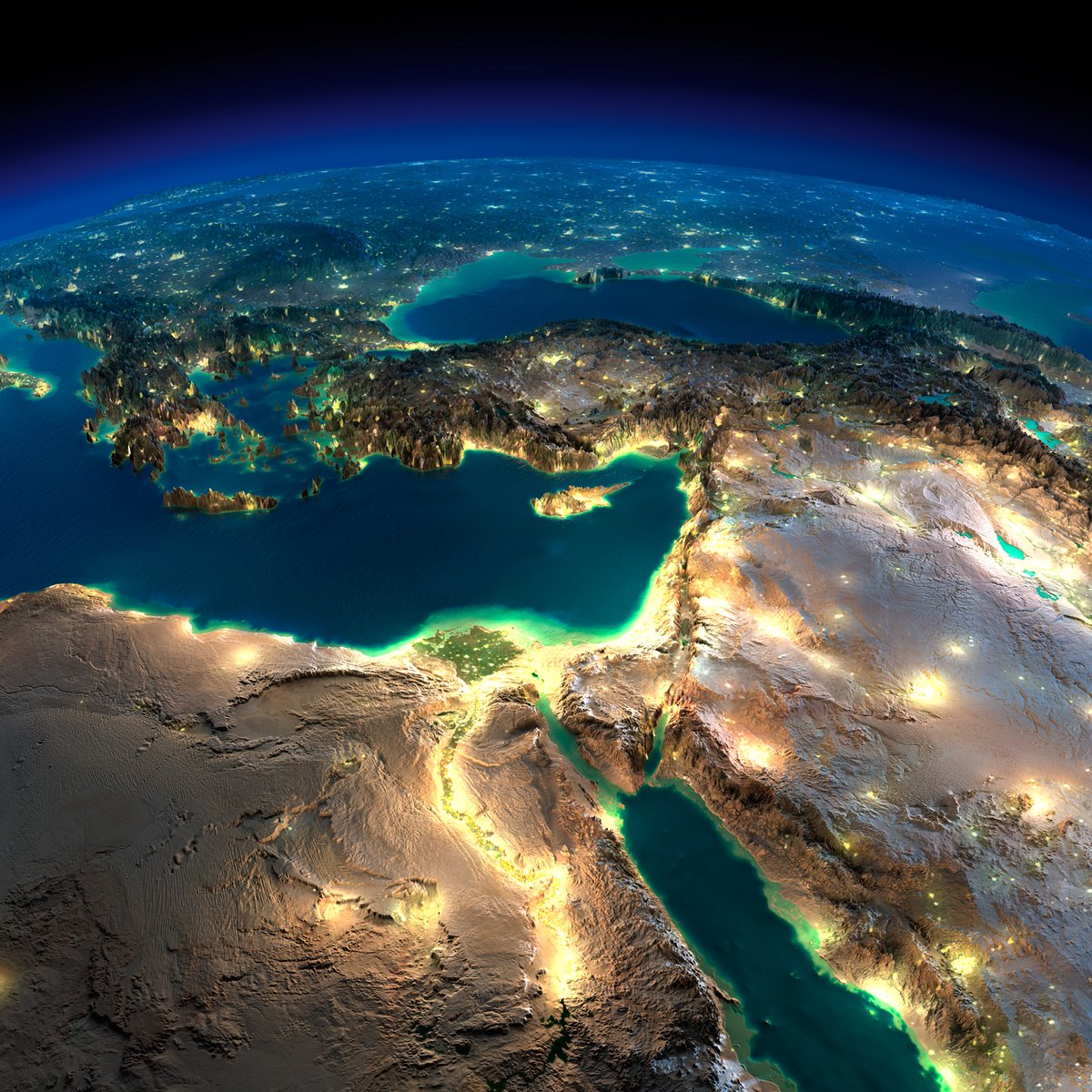There is an old story that I find incredibly moving and powerful, particularly as we approach #YomKippur in the midst of the coronavirus pandemic (and which appears in my 'Ceremony & Celebration' educational resource for Yom Kippur -> rabbisacks.info/2E0XMhR). 

One Yom Kippur, the Baal Shem Tov was praying together with his students, and he had a worrying sense that the prayers were not getting through, and the harsh heavenly decree against the Jewish people was not being overturned.
As Ne’ila approached, and with it the final opportunity for the Jewish people to avert this harsh judgement, he and his students increased their fervour and passion in their prayers, but to no avail.
As the chazzan began the Ne’ila service a simple shepherd boy wandered into shul to pray. But he could barely read the letters of the Aleph-Beit, let alone say all the words in the machzor.
Feeling helpless, he opened the first page of his machzor and recited: aleph, beit, veit, gimmel, daled. He said to God in his heart: “This is all I can do. God, You know how the prayers should be pronounced. Please, arrange the letters in the proper way.”
Louder and louder, with more and more intensity he recited the letters. Hey, vav, zayin, chet… the people around him began to mutter, complaining he was disturbing their prayers.
But the Baal Shem Tov immediately silenced them, and declared for everyone to hear that “because of this boy’s prayers the gates to heaven are wedged open for the last few minutes of Yom Kippur, allowing our prayers in.”
So it was on that Yom Kippur, that the simple, genuine prayers of a young shepherd boy who couldn’t read, resounded powerfully within the Heavenly court, and saved the Jewish people.
This Yom Kippur, because of the COVID-19 pandemic, many Jews will not be able to pray in shul with a community.
But don’t think for one moment that because you can’t be with a community, or because you can’t read all the prayers, that your prayers don’t count, or God doesn’t want to hear them. They do, and He does.
So, wherever you are, and however much you are able to pray, even if it is just the recitation of the Aleph-Beit, make it heartfelt and make it count.
Elaine and I wish you a G’mar chatima tova. May we, and the world, be sealed in the Book of Life for a year of blessing, peace and health. Amen.
• • •
Missing some Tweet in this thread? You can try to
force a refresh









